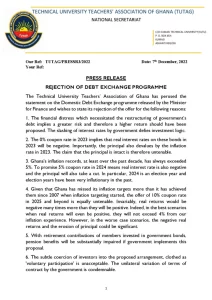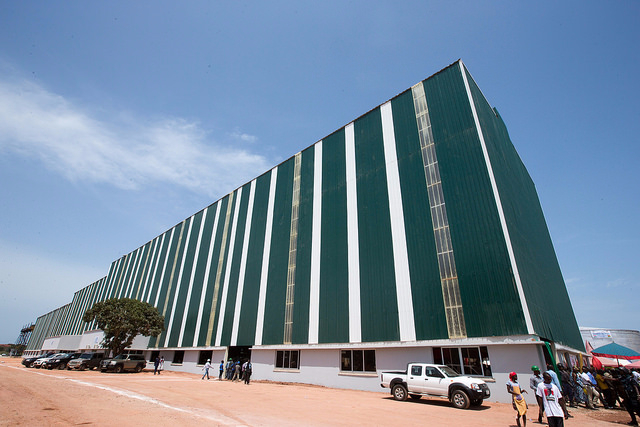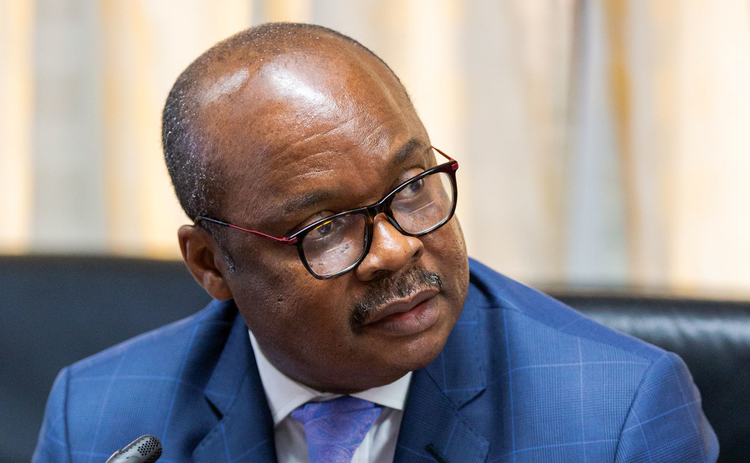TUTAG, GMA “Reject” Debt Exchange Programme

The Technical University Teachers Association Of Ghana (TUTAG) and the Ghana Medical Association (GMA) have both rejected the government’s proposed Domestic Debt Exchange Programme.
This brings to six the number of stakeholders who have rejected the announced programme of the Akufo-Addo-led government to bring the country’s debt levels to sustainable levels and secure a USD3 billion loan from the International Monetary Fund (IMF).
The Chamber of Corporate Trustees of Ghana, the National Association of Graduate Teachers (NAGRAT), the Ghana Registered Nurses and Midwives Association (GRNMA) and the Minority in parliament have all rejected the programme.
In a statement, TUTAG said the government should have proposed higher returns seeing that principals would be devalued by inflation rates.
“With retirement contributions of members invested in government bonds, pensions will be substantially impaired if the government implements this proposal”.
It also described as “unacceptable” the “subtle coercion” of investors into the proposed arrangement clothed as “voluntary participation”.

For the GMA, it estimates the programme will worsen the already dire situation workers and pensioners will face amidst cedi depreciation and inflation.
“In addition to the aforestated, the GMA is also concerned about the negative effect of the debt exchange programme Private Health facilities, Private Health Insurance and Mutual Schemes who have invested heavily with the government of Ghana bonds.”
GMA-Statement-on-Debt-Exchange
The country’s debt as of the end of September 2022 stood at GH¢467,371.31 million (US$48,871.34 million) according to provisional results. A debt sustainability analysis by the Finance Ministry showed that Ghana’s debt is unsustainable.
On Sunday, Ofori Atta announced a domestic debt exchange programme that will transition the country to debt sustainable levels.
He noted that 137 billion of the country’s domestic debt needs to be restructured to get the country’s debt at a sustainable level.
He explained that “under the Programme, domestic bondholders will be asked to exchange their instruments for new ones. Existing domestic bonds as of 1st December 2022 will be exchanged for a set of four new bonds maturing in 2027, 2029, 2032 and 2037. The annual coupon on all of these new bonds will be set at 0% in 2023, 5% in 2024 and 10% from 2025 until maturity. Coupon payments will be semi-annual.”
Source: opemsuo.com/Hajara Fuseini








